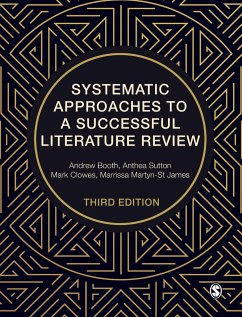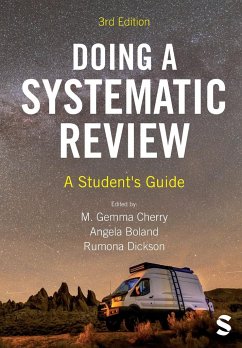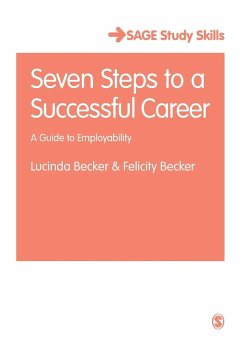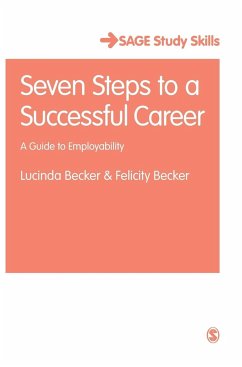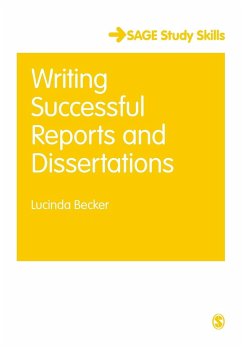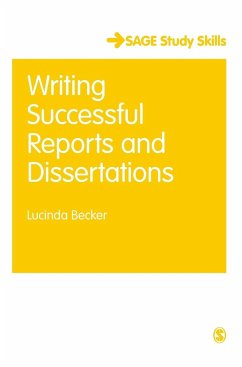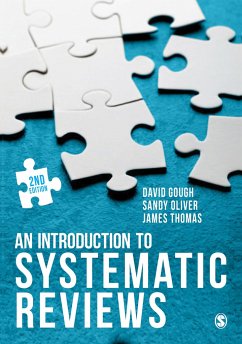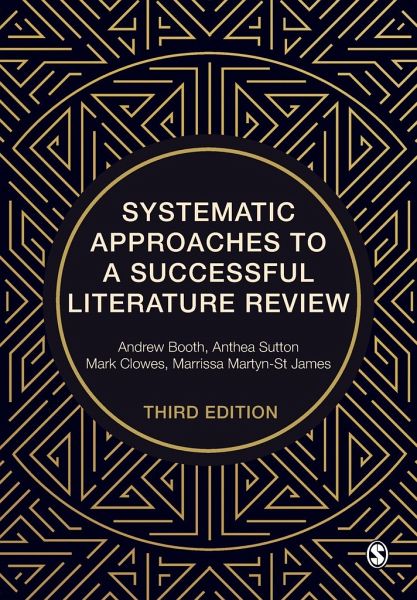
Systematic Approaches to a Successful Literature Review
Versandkostenfrei!
Versandfertig in 6-10 Tagen
32,99 €
inkl. MwSt.
Weitere Ausgaben:

PAYBACK Punkte
16 °P sammeln!
Whether you are new to literature reviews or working with new types of data, this book takes the guesswork out of writing your literature review. From deciding how much literature to include to managing your data, assessing your sources, and writing results, it outlines a step-by-step process that works with any data.To help you choose best approach for your research, this book includes: · Worksheets and decision aids to help you plan and organise your literature review · Worked examples and case studies to show you what and what not to do in practice · Troubleshooting tips and answers to a...
Whether you are new to literature reviews or working with new types of data, this book takes the guesswork out of writing your literature review. From deciding how much literature to include to managing your data, assessing your sources, and writing results, it outlines a step-by-step process that works with any data.
To help you choose best approach for your research, this book includes:
· Worksheets and decision aids to help you plan and organise your literature review
· Worked examples and case studies to show you what and what not to do in practice
· Troubleshooting tips and answers to all your frequently asked questions
· Online access to a literature review starter template, an exercise workbook, project diary template, and a source credibility checklist.
The perfect project support for any social sciences student, this edition also includes a new chapter on analysing mixed methods research.
To help you choose best approach for your research, this book includes:
· Worksheets and decision aids to help you plan and organise your literature review
· Worked examples and case studies to show you what and what not to do in practice
· Troubleshooting tips and answers to all your frequently asked questions
· Online access to a literature review starter template, an exercise workbook, project diary template, and a source credibility checklist.
The perfect project support for any social sciences student, this edition also includes a new chapter on analysing mixed methods research.





